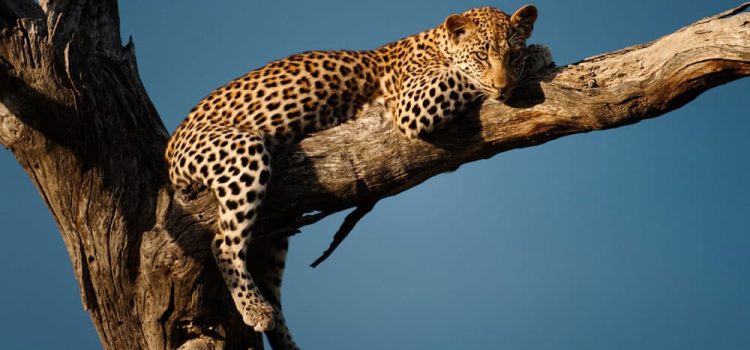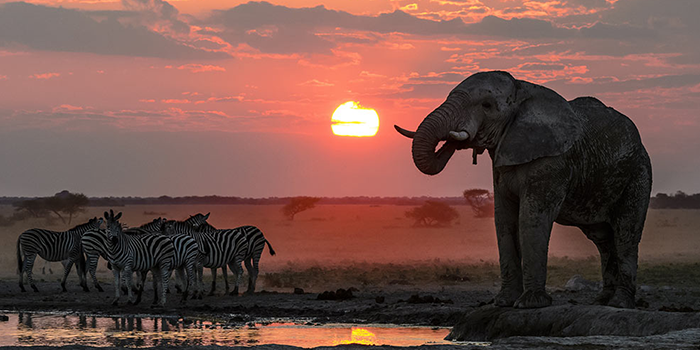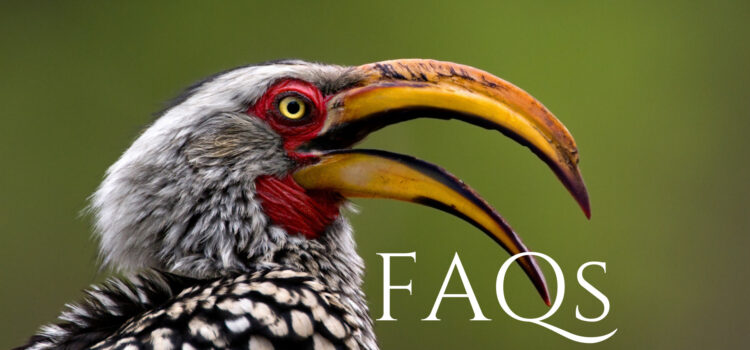We’re so inspired by Colin Bell’s commendable book Africa’s Finest, which has given the safari industry a close audit on sustainability, that we’ve decided to profile four eco-friendly resorts in Botswana that are championing environmental sustainability and ecotourism. Along with David Bristow, with whom he founded Wilderness Safaris, Bell assembled a team of conservation judges who visited almost every safari lodge and camp in Southern Africa and ranked them according to strict criteria; assessing their carbon footprint, conservation approach, symbiotic relationship with the local people and, of course, how minimal their impact is on the environment.
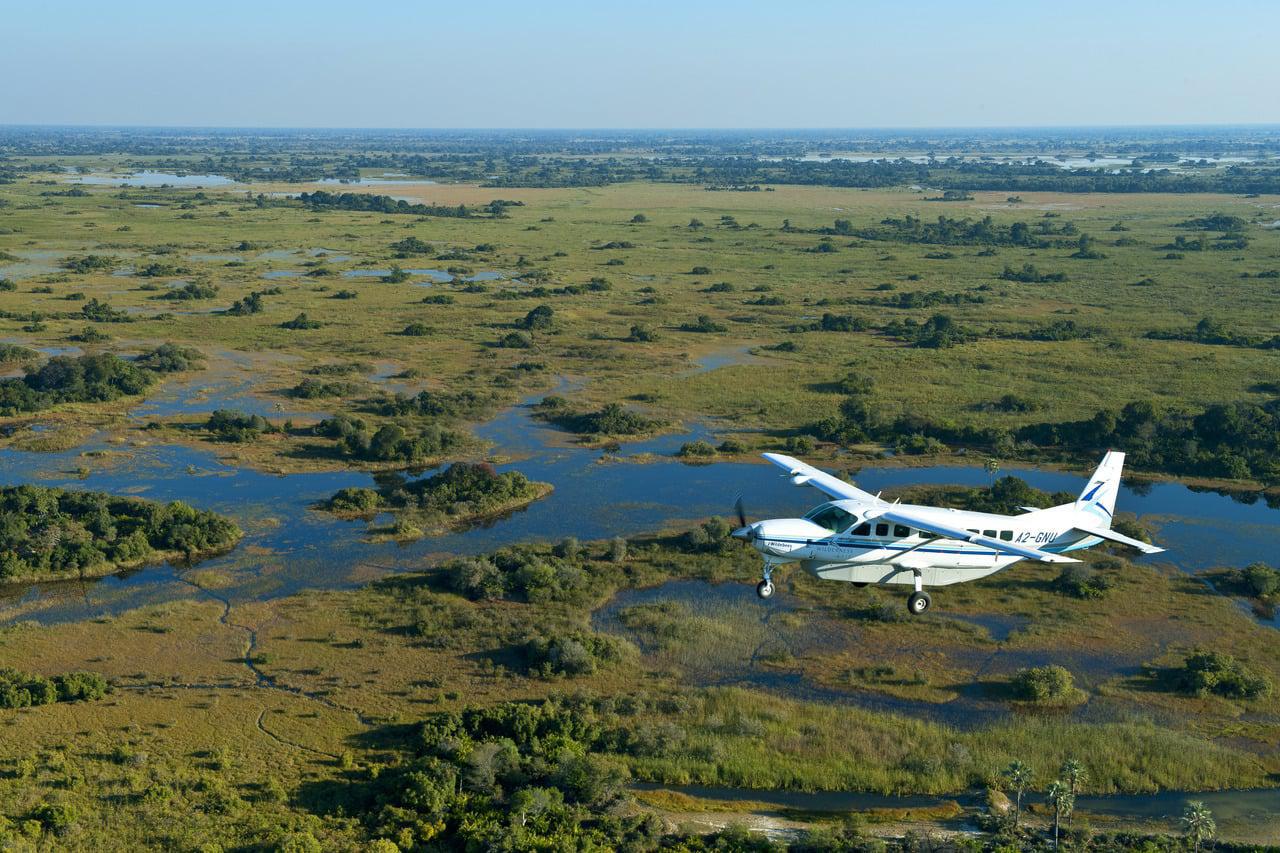
1. Okavango Delta: Delta Camp
One of the oldest camps in the area, this down-to-earth facility sits on Nyorga Island in the Okavango Delta. Remaining true to the earliest character of a safari – where motorised vehicles are absent – the structures are all made from locally sourced natural materials and the camp is solar powered. They also have a positive impact on the local community by employing staff from the Sedibana community, and educating them on the benefits of promoting Botswana tourism. There’s a rustic feel to this camp, so you’re sure to feel completely at ease and in tune with the beautiful surrounds.
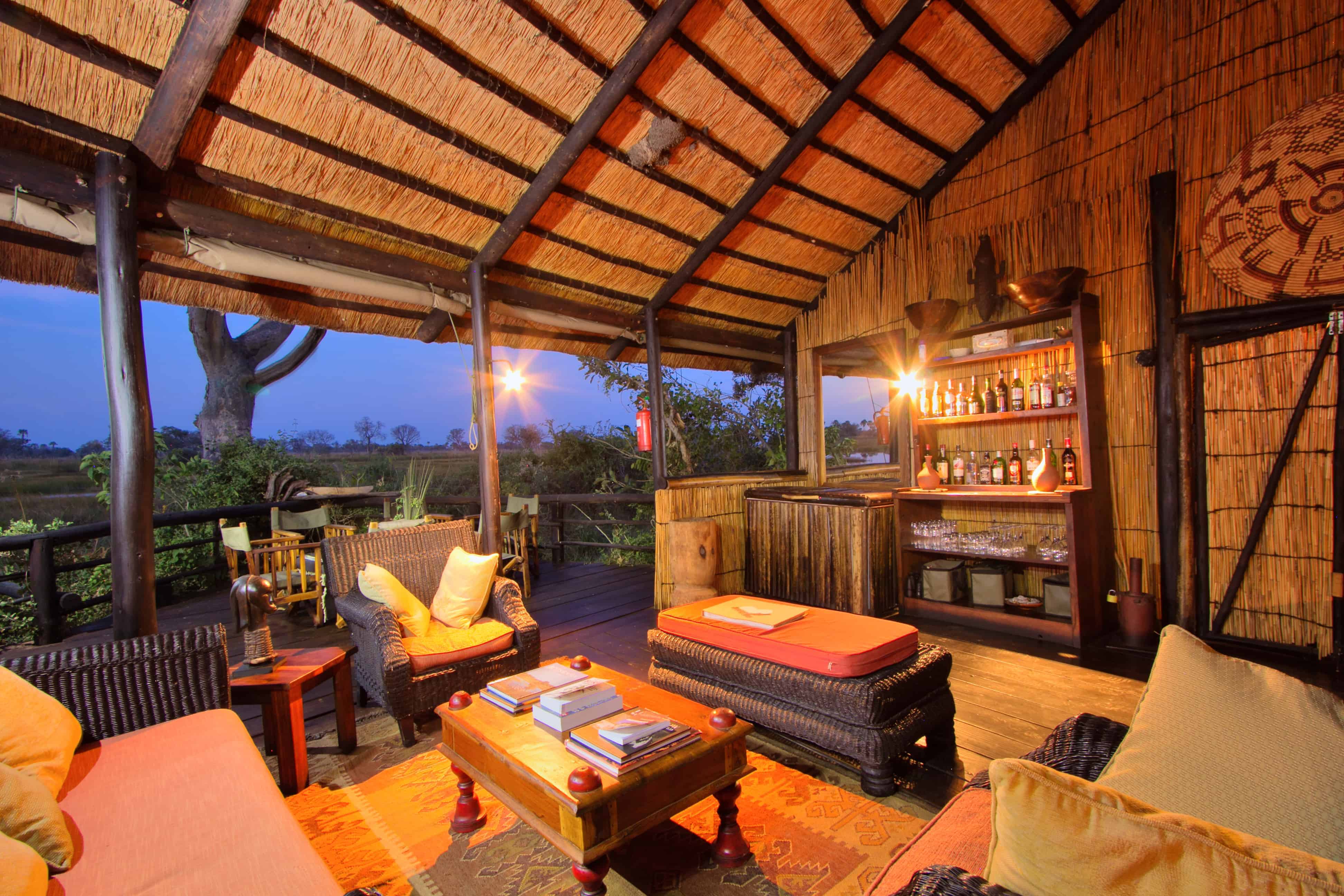
2. Makgadikgadi Pans: Meno A Kwena Tented Camp
This camp has an exceptionally low carbon footprint, dispensing of all luxuries (it’s still comfortable and relaxing however) and engaging you in a number of conservation activities such as patrolling park boundaries, working with the locals and fire control management. The name means ‘teeth of the crocodile’ and it sits humbly on the stony bank overlooking Boteti River, where it creates a positive impact on an area typically prone to drought. This helps the local Moreomaoto community through income from land lease agreements, employment and training, and by using local crafts, skills and building materials. Solar energy powers the camp to complete the ‘off-the-grid’ feel.
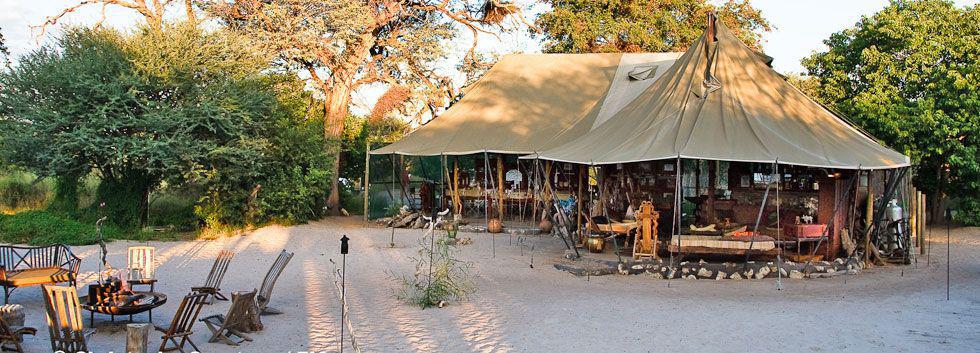
3. Okavango Delta: Mombo Camp
One of the Wilderness Safaris camps, Mombo Camp, is an upmarket game lodge that is larger and more luxurious than those listed above. The camp blends in conscious of its environment and constantly seeks to improve its sustainable safari activities. Constructed entirely out of locally sourced, sustainable materials the camp recently made the switch to solar power too. The natural feel of Mombo Camp gives it rugged African atmosphere, but the staff are still capable of impressing even the fussiest of travellers. The camp is situated on Chief’s island in the Okavango Delta, meaning that it is remote and always surrounded by water. The game viewing here is superb, and Chief’s Island is well known for its healthy predator population – attracting a National Geographic film crew in 2001.
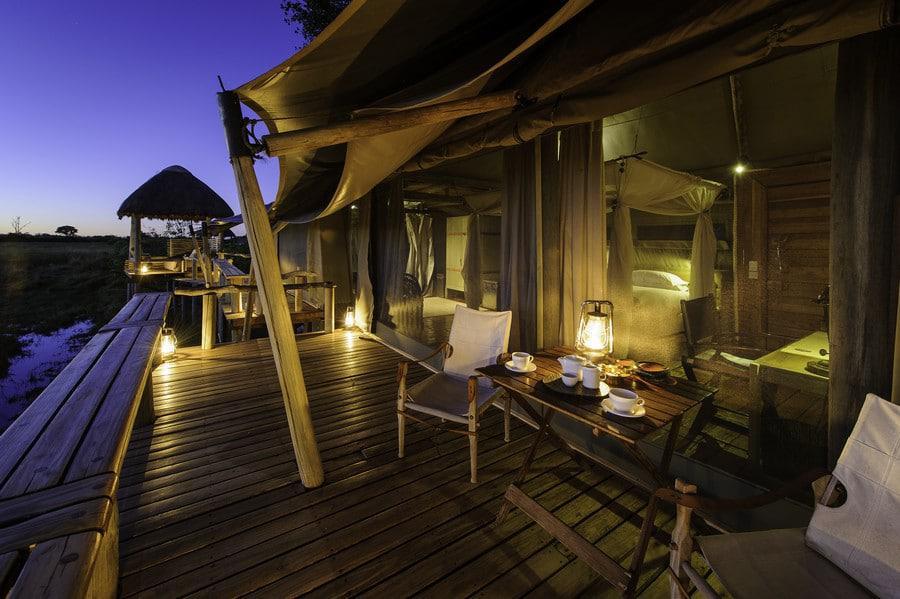
4. Okavango Delta: Zarafa Camp
This Relais & Château property is outstanding in its luxury, yet still manages to pass the grade for a remarkably low carbon footprint. Located in the Selinda Game Reserve, Zafara Camp is unbeatable for wildlife and bird spotting in the morning and enjoying world-class spa facilities in the evening. Part of the Great Plains Conservation program, Zafara Camp is guaranteed to impress even the most conscious of environmentalists. Renovated as recently as 2008, its name means ‘beloved one’ in Arabic, which reflects its relationship and respect of the African bushveld. If you’re after true privacy and exclusivity, look no further than Zafara’s famed Dhow Suites.
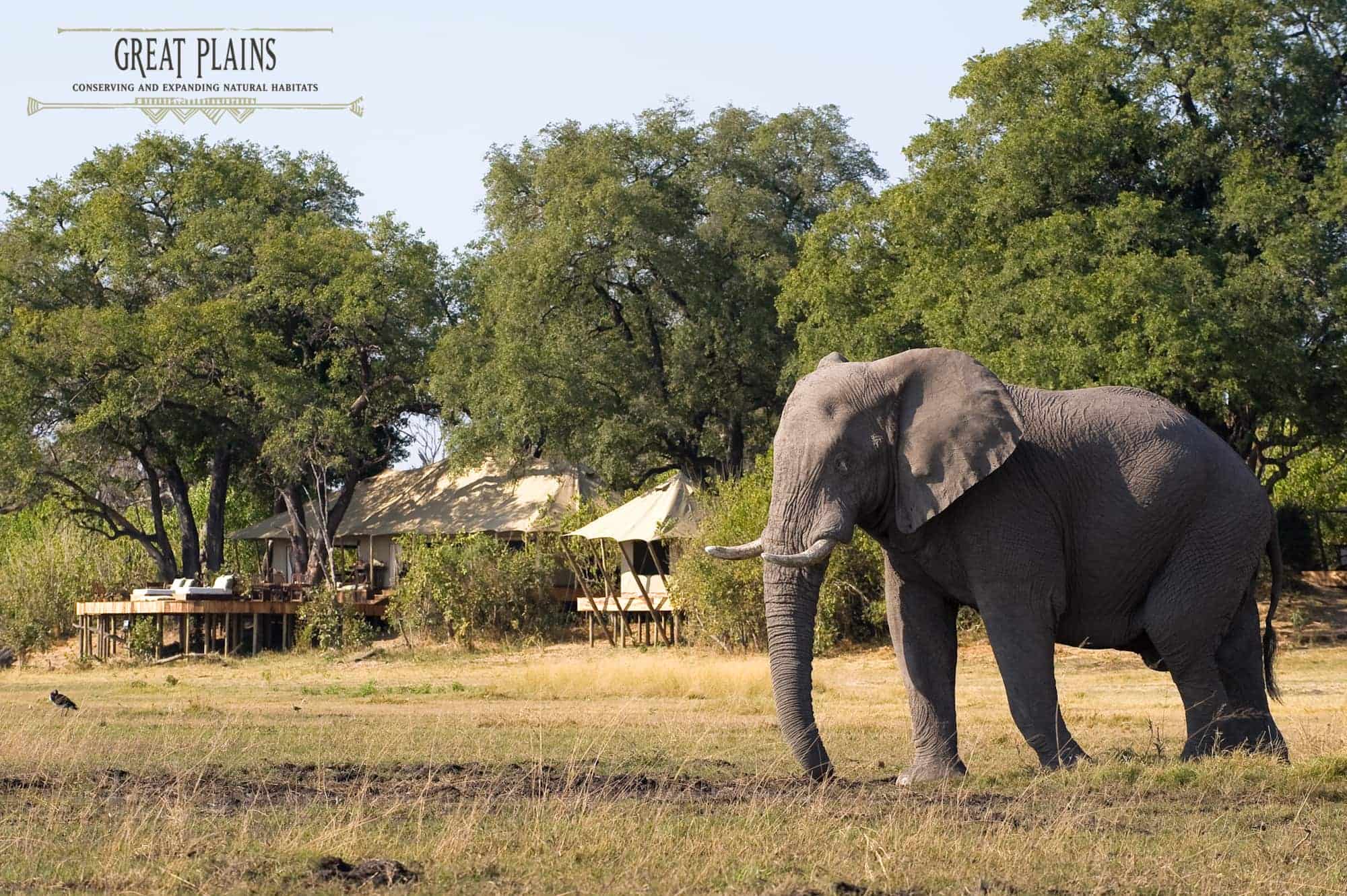
The Book
A sobering introduction to the precarious balance of nature under pressure, this book catalogues the shrinking populations of wildlife in Africa over recent decades. It seeks to encourage a more sustainable and conversation minded approach to safari by listing 170 properties that reached an 80% pass rate on various strict criteria (among 250). It steps all over the myth of ‘green’ that many camps claim in their marketing material to leave a more obvious and indelible carbon footprint that is low in impact and a guiding light to tourists who wish to travel with a moral conscience.
The book is available online for $75 at the Africa’s Finest website.
